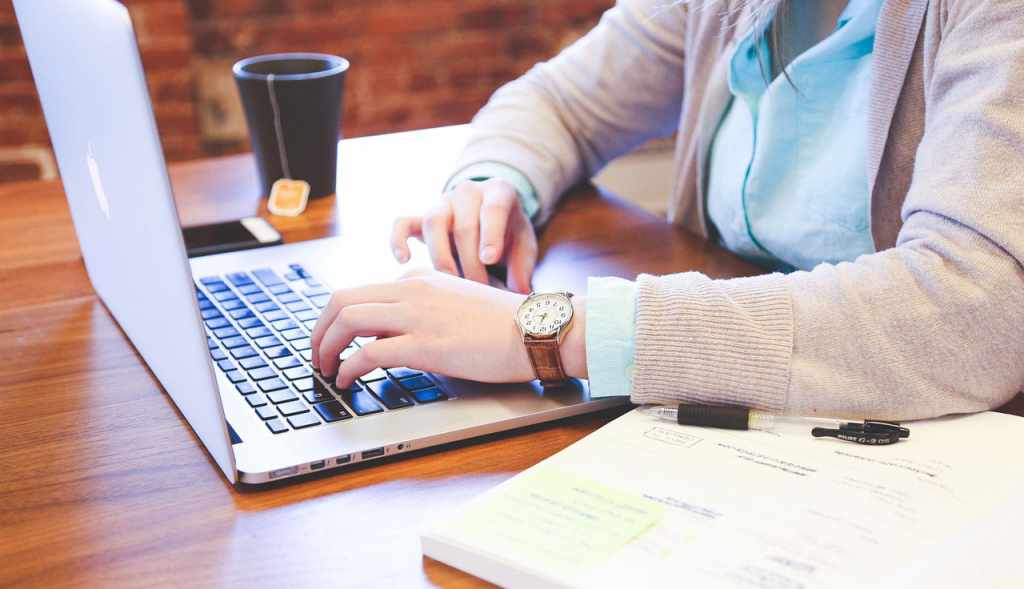Online hackers are every person’s biggest fear when surfing the net. Be it gaining access to your finances, or identity, hacking is big business – with a recent report finding that cybercrime is to cost up to $10.5 trillion by the year 2025. Whilst, unfortunately, the threat of hacking from online fraudsters is unlikely to diminish anytime soon, there are some simple tips that can help to keep you safe when online. Here, we identify three of our favourites.
Also See: 78 Secret Tools used in Investigative Journalism
Tips to Stop Online Hackers

Ad Verification Security
Online advertising has become a primary means of marketing products, but this sector has evolved into a haven for online fraudsters. Malware infecting devices through auto redirect ads is one of the biggest threats to people online.
These redirects can result in you clicking on anything from a message falsely notifying you that your device has become infected to one saying that you have won a prize. Auto redirects are designed to get users to part with personal information or to infect their devices with harmful software – with the intention to commit fraud or push people onto a low-quality page.
These forced redirect ads can be combated with the correct ad verification security. There are businesses out there, such as GeoEdge, who are helping companies to guard against this form of malware and inappropriate content, using their ad verification to help protect devices from auto-redirect ads. This will allow a lot of your most trusted sites to remain reliable.
Passwords & Two-Factor Authentication
Passwords are designed to keep your online accounts safe from hackers. As such, there are now passwords for almost every online site that you try and access. It is easy to fall into the trap of having the same password for a range of websites, but don’t do this! In the event of one of your accounts being hacked, this could increase the chances of your other accounts being hacked too.
It is advised to create strong passwords, that will be nigh on impossible for hackers to guess – and to frequently change passwords to your online accounts. Two-factor authentication is also a good method to keep online accounts secure. This system adds another layer of protection to your accounts and is available on many sites.
Network Security
Unsecure networks can allow hackers to gain access to your personal information – even your home internet connection can be targeted. To secure your home Wi-Fi, frequently change your router admin name and password – as you would with your online accounts. When on the go, be wary of Free Wi-Fi networks.
These public networks are often targeted by online hackers due to multiple users being connected at one time. It is advised that before you connect to public Wi-Fi make sure that it is safe and use a VPN whenever possible. VPN’s prevent hackers from accessing your information.
Whilst it is difficult to stay fully protected when online, the above tips should hopefully help to prevent any hackers from gaining access to your personal information. Moving forward, there are likely to be new methods of staying safe online popping up in the coming years – and using these should help to keep you one step ahead of any potential cybercriminals.

